Preschool Can Help Combat Poverty
Apr 20th 2018
As the gap between the richest and poorest widens, many are seeking viable solutions to combat inequality. One accessible way to address issues of poverty is by expanding early childhood education. The 2010 United States Census recorded that one out of every five children in America is living in poverty. Poverty imposes very real educational disadvantages, such as a higher likelihood of repeating a grade or failing to complete high school.
Preschool Develops Skills for Long-Term Success
The first five years of life are essential to brain development and long-term success, so early intervention is key. In a study of 60 children from across the socioeconomic spectrum, low-income students were found to have "highly significant differences in regional brain volume in the hippocampus and the amygdala.” This is due to stress in the home and a lack of exposure to a wide vocabulary. It is estimated that wealthier children encounter up to 45 million words by age four, yet children in the lowest income brackets encounter just 13 million.
Numerous Benefits of Preschool
Through providing mandatory state-funded preschool, this gap can be narrowed, and the benefits of participating in early childhood education are numerous and well-documented. The Perry, Abecedarian, and Chicago studies all confirm that high-quality early childhood education leads to greater success both in and out of the classroom. Preschool offers support for parents while teaching foundational knowledge and social skills to children, leading to higher scores on standardized tests, a lower likelihood of being arrested, and higher lifetime earnings. Schools also benefit from reduced costs by decreasing the number of students repeating grades or requiring special education.
Every Child Deserves Opportunities Provided by Preschool
By setting low-income students up to succeed rather than fail, the cycle of poverty can be broken. A better education improves both critical thinking and social skills, leading to successful careers, healthy networks of support, and bright futures.

